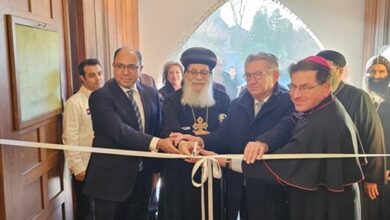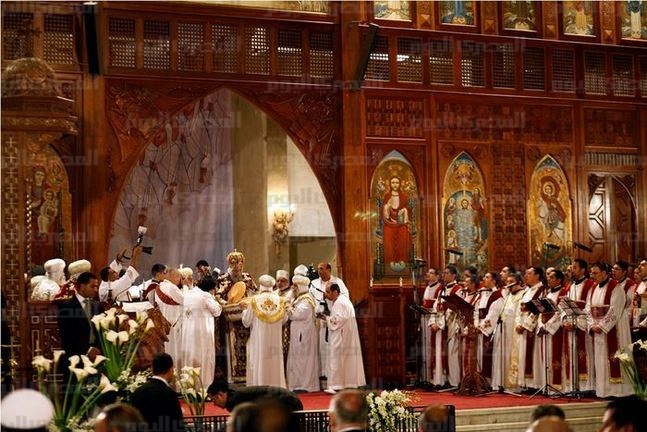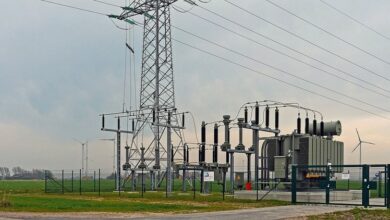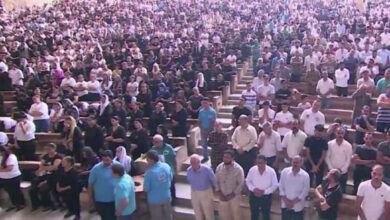The Muslim Brotherhood began early this year implementing the first phase of a plan to improve relations with Coptic Christians, two months before the release of its working paper on the same topic, according to a Brotherhood source.
The first phase of the plan included dispatching Brotherhood delegations and members of the Guidance Bureau to the main churches in different governorates to offer condolences to the families of the Naga Hammadi Christmas shootings which left six Copts and one Muslim dead. The governorates included Daqahliya, Alexandria, Sharqia and Gharbiya, where the Brotherhood has a strong presence, said the source.
A delegation of MPs and members from the Brotherhood also met with the victims’ families to gather information about the incident to be used for a research paper on sectarianism, the source added.
This research effort comes in response to attempts by the National Democratic Party to hold the Brotherhood responsible for sectarian incidents and to create the illusion that the spread of Brotherhood ideology is responsible for the persecution of Copts, said the source, who added that the research paper will expose the true inciters of sectariansim.
The Brotherhood’s plan to improve relations with Copts also included another working paper that was presented to syndicates with members of the Brotherhood among their leadership in order to improve communication with Coptic syndicate members. The paper suggested holding celebrations at Christmas time, and its ideas began to be implemented in April this year with celebrations of Easter. The Brotherhood is also examining the possibility of inviting church leaders in the governorates to Ramadan banquets
The strategy also includes allocating 10-15 percent of state-financed medical treatment services to Copts in the constituencies of MPs belonging to the Brotherhood, the source said.
The relationship between the Muslim Brotherhood and Coptic Christians has been good for many years, said Ibrahim Abu Awf, an Muslim Broterhood MP. “The Brotherhood is keen to spread the genuine culture of Islam, and we are serious and sincere in the pursuit of establishing a strong relationship with Copts in the interest of our homeland,” he added.
The Brotherhood’s initiative has been well-received by some moderate church leaders, according to Abu Awf, whereas others were “scared.” Others, he said, “took it at face value.”
“Professional politicians on both sides are understanding,” he said.
Asked about levying the jizyah, a tax on non-Muslim citizens stipulated in Islamic law, Abdel Rahman el-Barr, member of the Guidance Bureau, said such a tax can’t be implemented nowadays because it doesn’t suit current Islamic society.
Meanwhile, the Coptic Church gave a guarded response to the Muslim Brotherhood’s plan, with many church leaders declining to comment on it.
Translated from the Arabic Edition.




